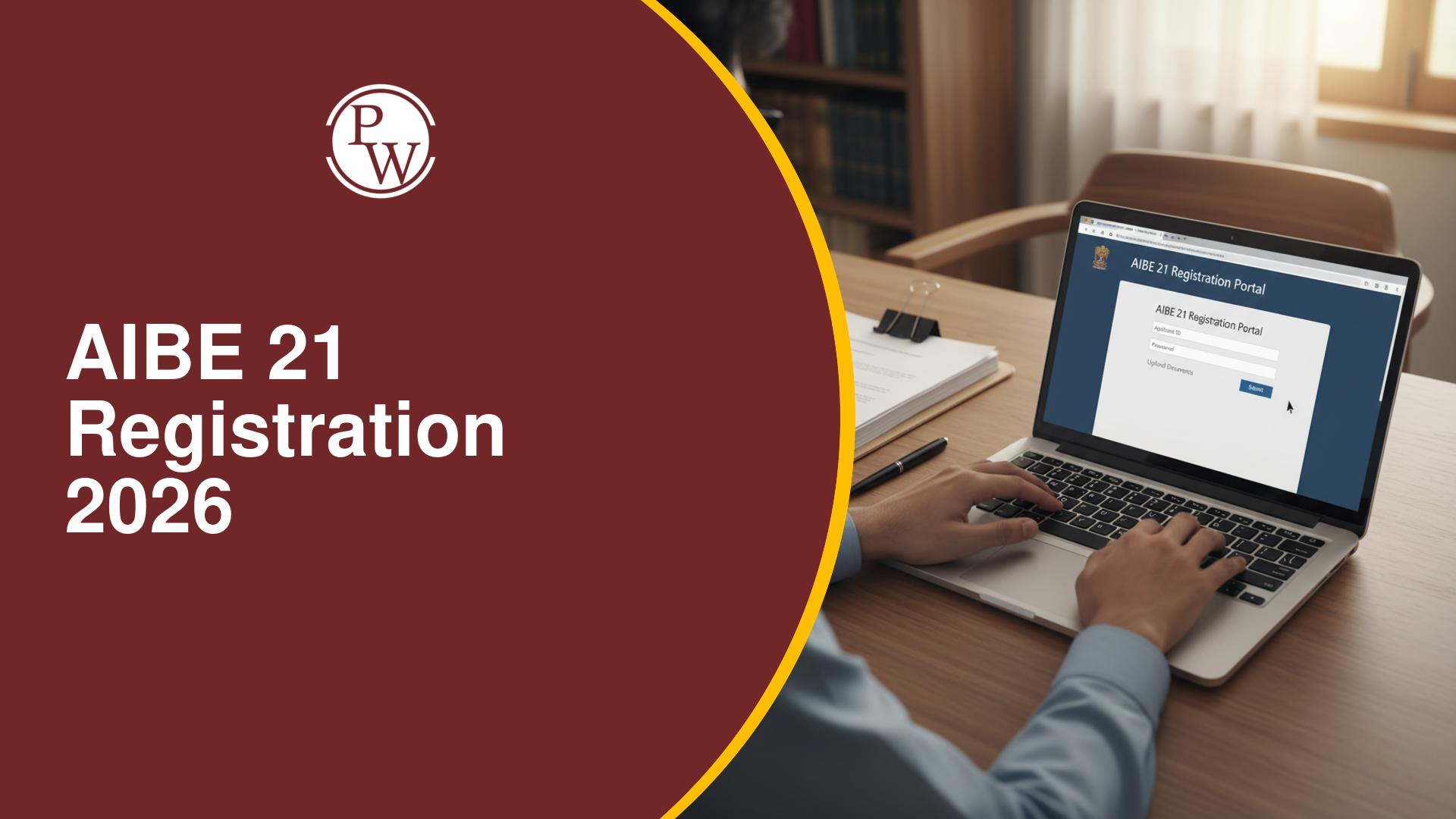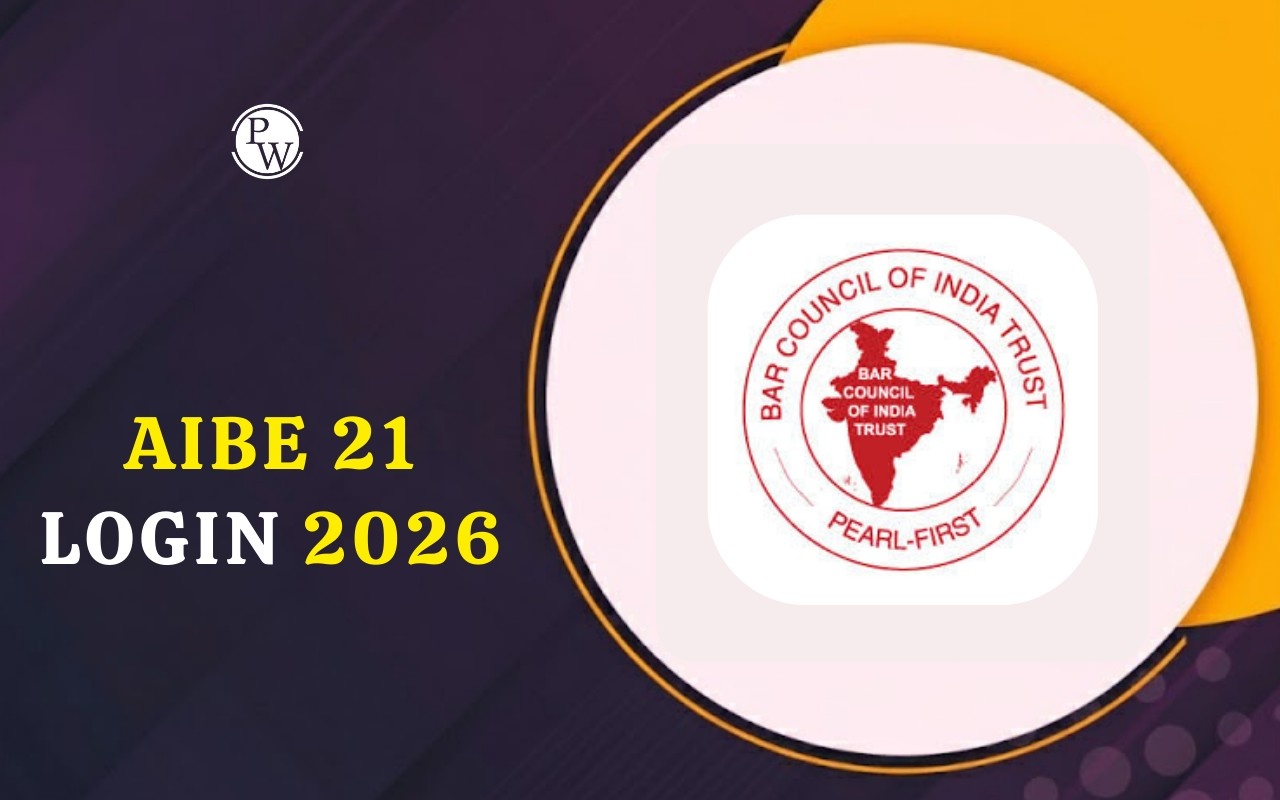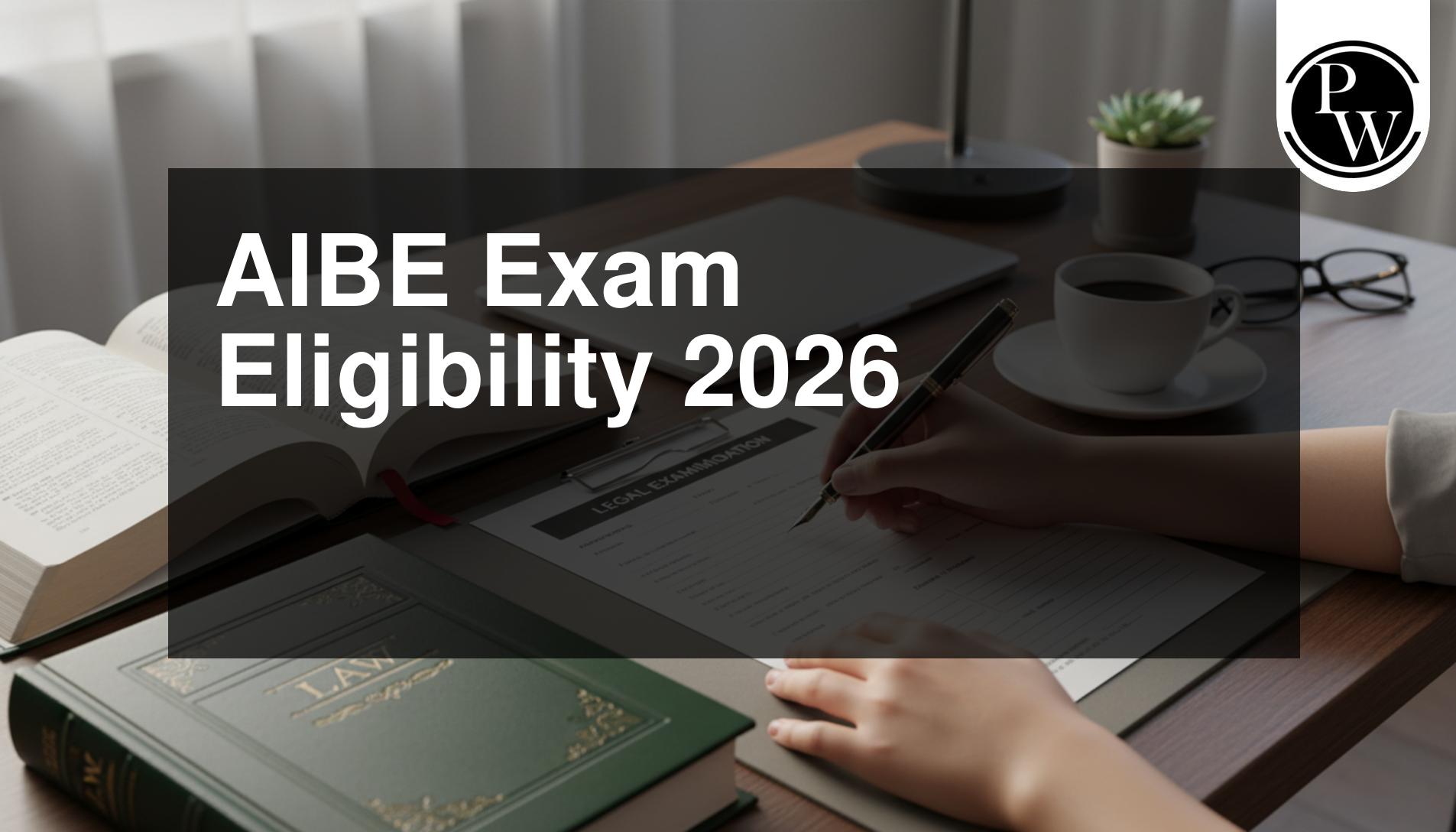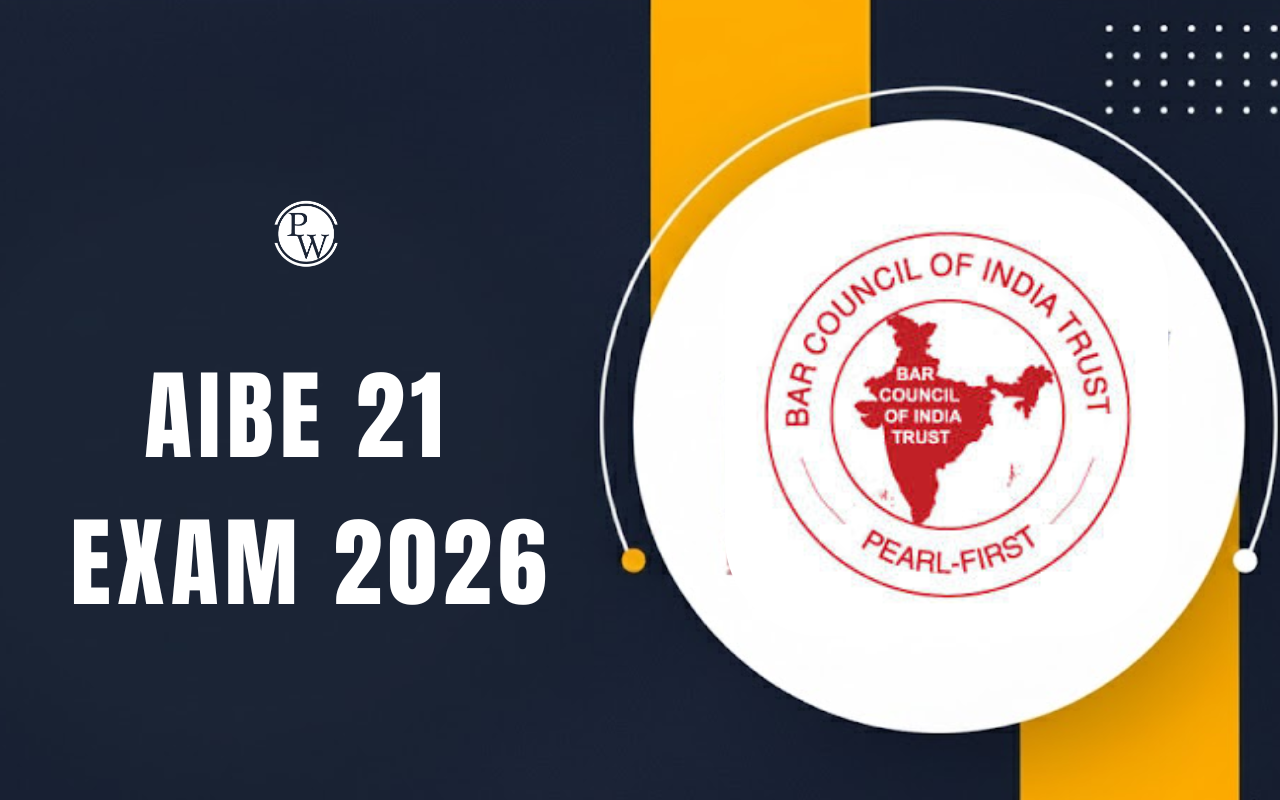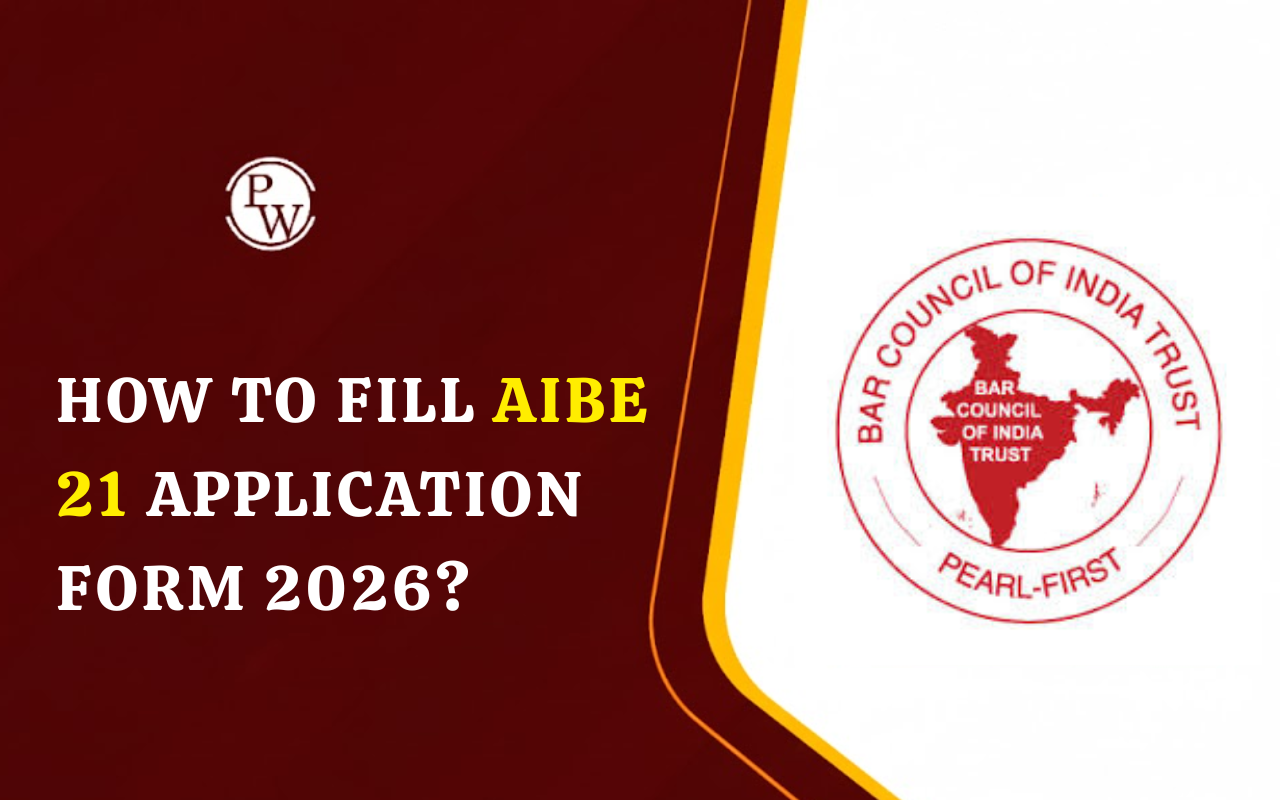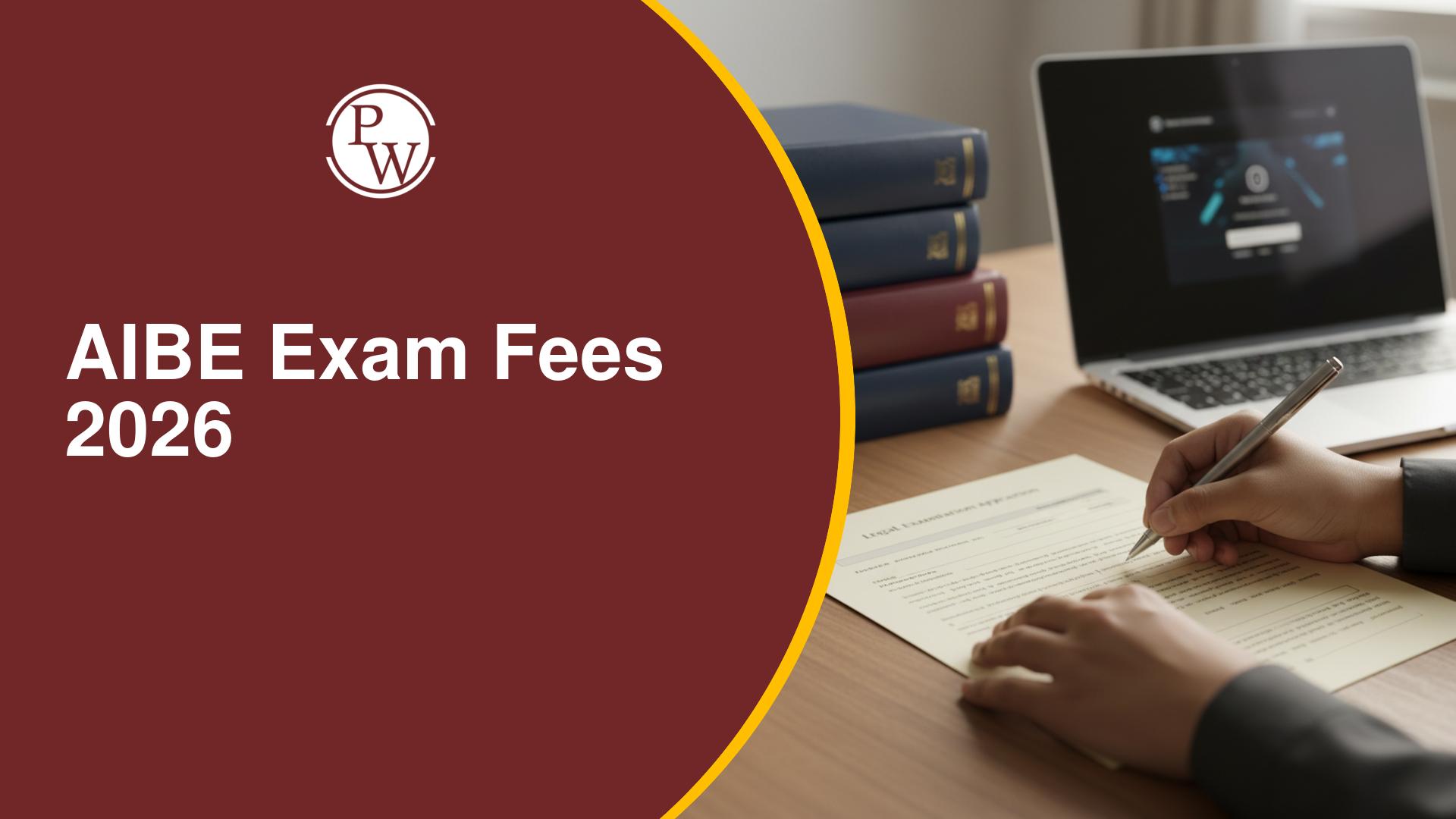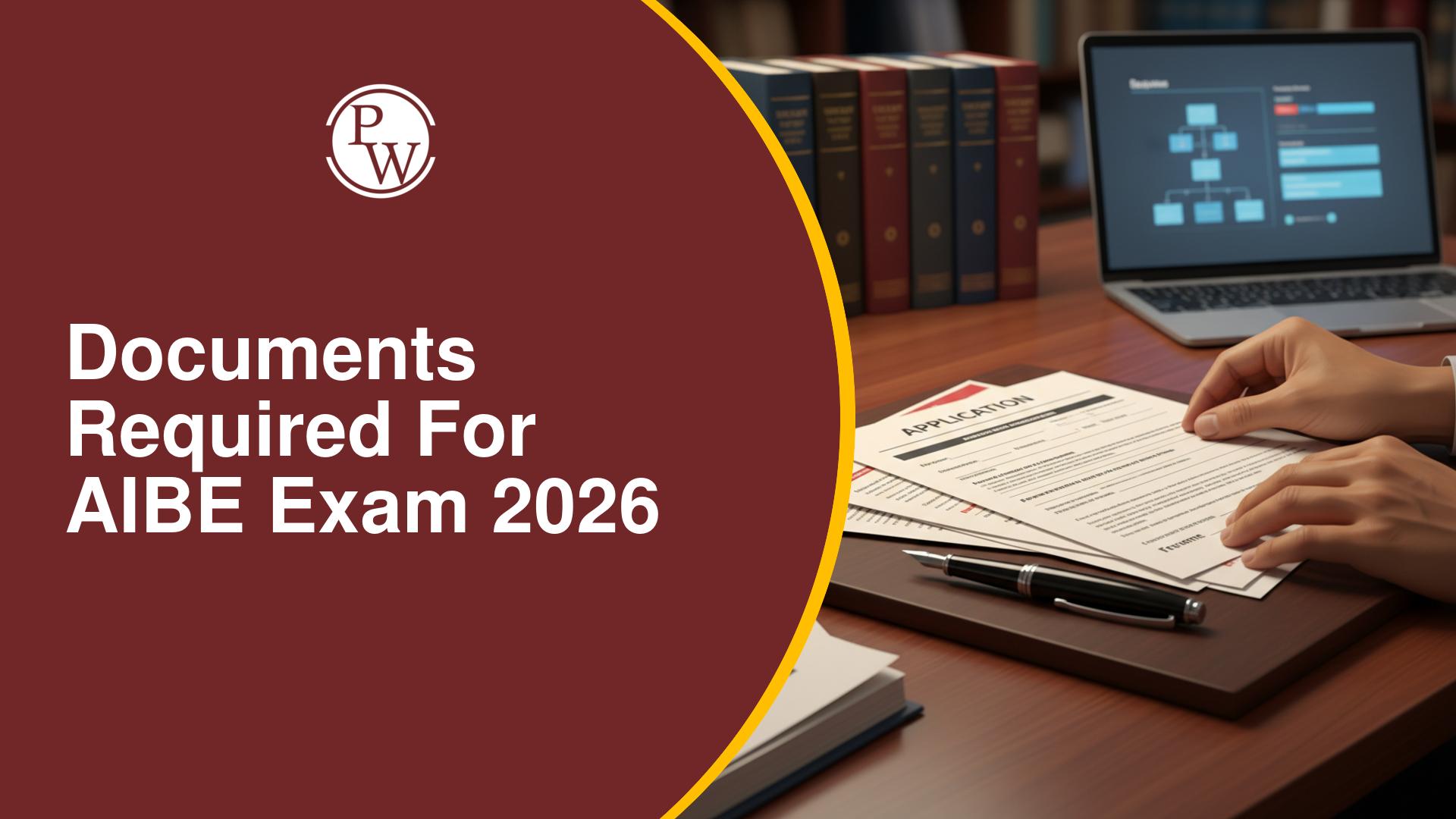
Rajasthan Judiciary Eligibility 2025 is a key topic for aspiring judicial officers in India, especially those aiming to serve in the Rajasthan Judicial Services. Understanding the eligibility criteria is the first step toward a successful application. In this guide, we will explore the detailed Rajasthan Judiciary Eligibility 2025 requirements, including educational qualifications, age limits, nationality, and more, to help you navigate this critical phase of your judicial career.
Rajasthan Judiciary Eligibility 2025 Overview
The Rajasthan Judicial Services Examination is conducted by the Rajasthan High Court to recruit Civil Judges. This prestigious examination opens doors to a rewarding career in the judiciary, offering stability, growth, and an opportunity to contribute to the justice system. To qualify for this examination, candidates must meet specific criteria outlined under Rajasthan Judiciary Eligibility 2025.
| Rajasthan Judiciary Eligibility 2025 Overview | |
| Aspect | Details |
| Exam Name | Rajasthan Judicial Service (RJS) Examination |
| Conducting Body | Rajasthan High Court |
| Purpose | Recruitment of Civil Judges in Rajasthan |
| Eligibility |
|
| Preliminary Exam |
|
| Main Exam |
|
| Final Selection | Based on aggregate marks obtained in Mains and Interview. |
| Application Process | Online through the official website of the Rajasthan High Court |
| Application Fee | Varies based on category (General/OBC/SC/ST) |
| Exam Frequency | Depends on vacancies; typically conducted every 1-2 years |
| Syllabus Highlights |
|
Rajasthan Judiciary Eligibility Criteria 2025
This section outlines the Rajasthan Judiciary Eligibility 2025 for the Rajasthan Judiciary Exam, covering educational qualifications, age limits, nationality, and experience requirements.
| Eligibility Aspect | Criteria and Requirements |
|---|---|
| Educational Qualifications | To qualify for the Rajasthan Judiciary Exam, candidates must possess an LLB (Bachelor of Laws) or LLM (Master of Laws) degree from a recognized university with a minimum of 50% marks. It is mandatory to be enrolled with the Bar Council of Rajasthan or any other State Bar Council in India. |
| Age Limit | Candidates applying for the Rajasthan Judiciary Exam must be between 23 and 35 years of age. Relaxations are provided for reserved categories, with a maximum age of 40 years for SC/ST candidates and a 3-year relaxation for OBC candidates. |
| Nationality | Aspiring candidates must be Indian citizens to be eligible for the Rajasthan Judiciary Exam. Proficiency in both English and Hindi languages is required, as these are the languages used in the Rajasthan Judiciary. |
| Experience | Unlike many other jurisdictions, there is no compulsory practice of law or specific professional experience required for candidates seeking eligibility for the Rajasthan Judiciary. The High Court guidelines do not mandate a minimum number of years of professional experience. |
| Exam Selection Process | The Rajasthan Judiciary selection process includes a written examination and a personal interview. The written exam consists of papers covering Civil Law, Criminal Law, and Language Proficiency. Successful candidates proceed to the interview stage, where a panel of senior judges evaluates their knowledge, experience, and suitability for the judge position. |
Note: Becoming a judge in the Rajasthan Judiciary is a prestigious and sought-after position. Candidates meeting these eligibility criteria contribute to the legal system in Rajasthan and play a crucial role in upholding the rule of law.
Rajasthan Judiciary Eligibility 2025 Prelims Minimum Qualifying Marks
Clearing the preliminary exam with a minimum score is essential to proceed to the mains. Here are the qualifying marks:| Eligibility Criteria | Qualifying Marks |
|---|---|
| General Category Candidates | Candidates from the general category must achieve a minimum of 45% in the preliminary exam to qualify for the mains. |
| Reserved Category Candidates (ST, SC, OBC) | Reserved category candidates need to obtain a minimum of 40% marks in the preliminary exam to be eligible for the mains. |
Rajasthan Judiciary Eligibility 2025 Mains Minimum Qualifying Marks
The interview phase is the final step in the Rajasthan Judicial Service Exam process. Below are the qualifying criteria:| Eligibility Criteria | Qualifying Marks |
|---|---|
| General Category Candidates | A minimum aggregate of 40% marks in the main exam and at least 35% in each law paper is required to qualify for the interview. |
| Reserved Category Candidates (ST, SC, OBC) | Reserved category candidates need to secure a minimum aggregate of 35% marks in the main exam and a minimum of 30% in each law paper to be eligible for the interview. |
Rajasthan Judiciary Educational Qualification 2025
One of the most critical aspects of Rajasthan Judiciary Eligibility 2025 is the educational qualification requirement. Aspiring candidates must meet the following conditions:- Law Degree : A candidate must hold a Bachelor of Laws (LLB) degree from a recognized university. The degree can be a three-year or a five-year integrated course.
- Bar Council Registration : While not mandatory for the preliminary examination, candidates must enroll as advocates under the Advocates Act, 1961, by the time of appointment.
- Knowledge of Hindi : Proficiency in the Hindi language, written in the Devanagari script, is mandatory.
- Knowledge of Rajasthani Dialects : Candidates should have a working knowledge of the Rajasthani dialects and social customs of the state.
Rajasthan Judiciary Eligibility 2025 FAQs
What is the age limit for Rajasthan judiciary 2025?
How to apply for Rajasthan judiciary exam 2025?
How many vacancies in Rajasthan judiciary 2025?
What is Rajasthan judiciary 2025 notification?
Who is eligible for judiciary exam in Rajasthan?

